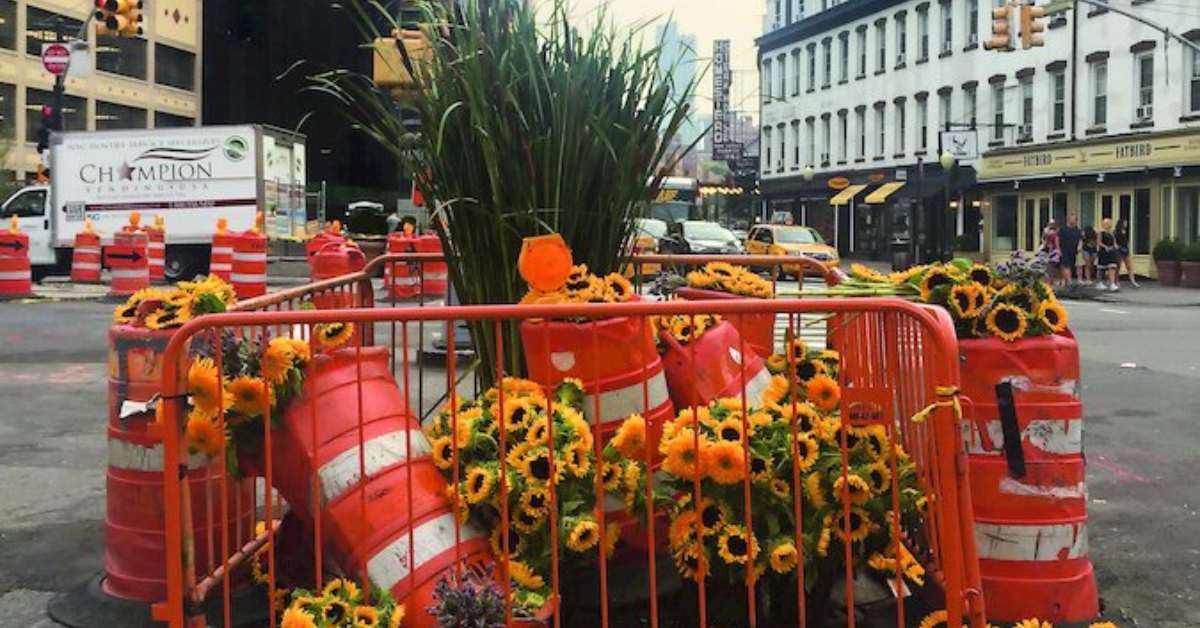Sharing Happiness Through Flowers: The Flower Bombing Movement
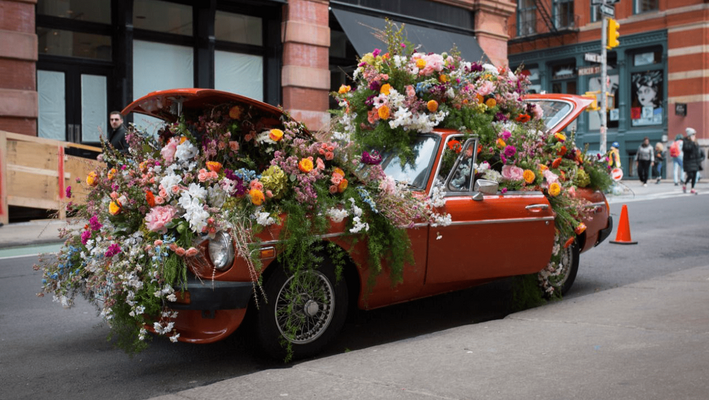
*First published 21.12.23. Updated on 1.5.24.
Flower bombing, also known as guerrilla gardening, is a form of artistic expression that involves planting wildflower seeds in unexpected public spaces, promoting biodiversity and beautifying cities with bursts of floral wonder.
Flower bombing is a creative and eco-friendly way to spread joy, raise awareness about environmental issues, and foster a deeper connection with nature. This act of random kindness transcends boundaries, inviting people from all walks of life to participate in the transformation of their surroundings, one seed bomb at a time.
The origins of this movement can be traced back to the early days of guerrilla gardening, where urban dwellers sought to reclaim neglected spaces and inject them with vibrant greenery. As the concept gained traction on social media, particularly platforms like TikTok, it captured the hearts and imaginations of younger generations, who saw it as a powerful way to make a positive impact on their communities.
Through the simple act of flower bombing, individuals can become agents of change, turning drab and lifeless corners into urban oases teeming with native plants and wildflowers. These pockets of nature not only add beauty to the concrete landscape but also create vital habitats for pollinators like bees and butterflies, contributing to the overall health of the ecosystem.
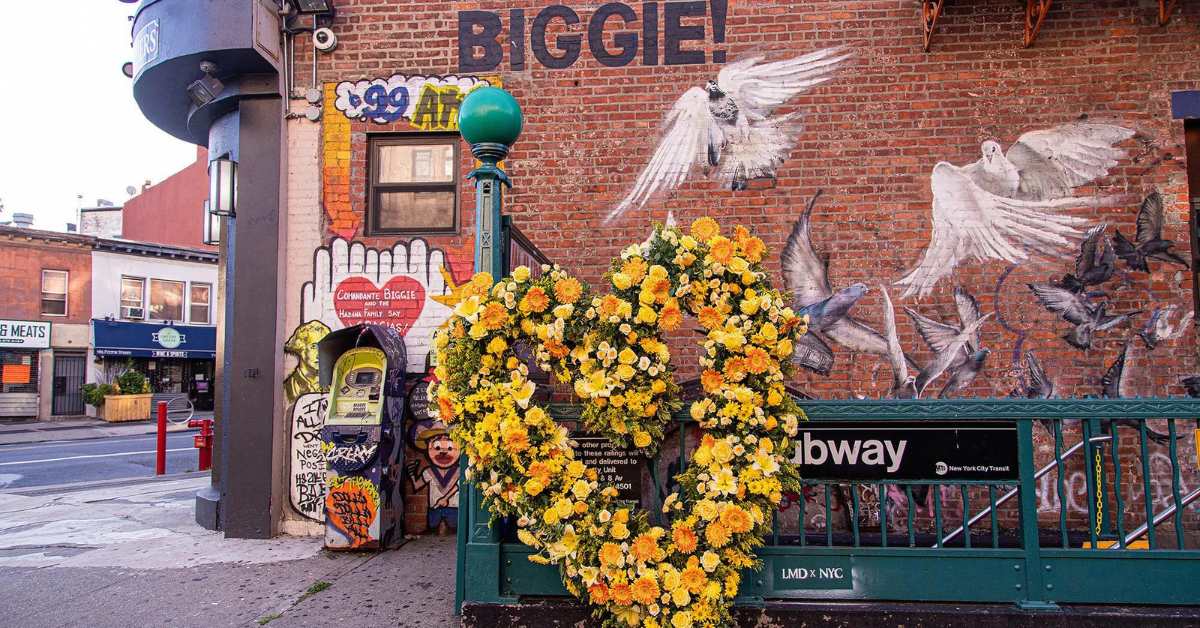
*Photo credit: New York Post
The Origins and Rise of Flower Bombing
The roots of flower bombing can be traced back to the concept of guerrilla gardening, a movement that emerged in the 1970s as a form of urban activism. Frustrated by the lack of green spaces in cities, individuals began to covertly cultivate plants and vegetables in neglected public areas, reclaiming these spaces and transforming them into vibrant, community-driven gardens.
As the years passed, this act of urban gardening evolved, giving rise to new forms of expression, including the practice of seed bombing. Inspired by the idea of spreading life and beauty in unexpected places, seed bombers began creating small, nutrient-rich balls filled with wildflower seeds, which they would then strategically disperse in vacant lots, abandoned buildings, and other forgotten urban corners.
The rise of social media played a pivotal role in propelling flower bombing into the mainstream consciousness. Platforms like TikTok and Instagram became breeding grounds for a new generation of guerrilla gardeners, who shared their experiences and showcased the stunning transformations they had orchestrated. The #flowerbombing hashtag on TikTok alone has garnered over 50 million views and has well over 600 posts, a testament to the movement's growing popularity and appeal.
This one Tik Tok post alone has had over 2 million likes!
@sfinbloom I love you. #???????????????? ♬ I Love You - Son Lux
What sets flower bombing apart from traditional guerrilla gardening is its emphasis on random acts of kindness and its ability to capture the imagination of younger generations. For many, the act of surreptitiously planting wildflower seeds in unexpected urban spaces represents a powerful way to make a positive impact on their communities and the environment.
Flower bombing, individuals can become agents of change, turning drab and lifeless corners into vibrant, biodiverse havens that not only beautify the landscape but also provide vital habitats for pollinators and other wildlife. This resonates deeply with younger generations who are increasingly conscious of environmental issues and seek tangible ways to contribute to a more sustainable future.
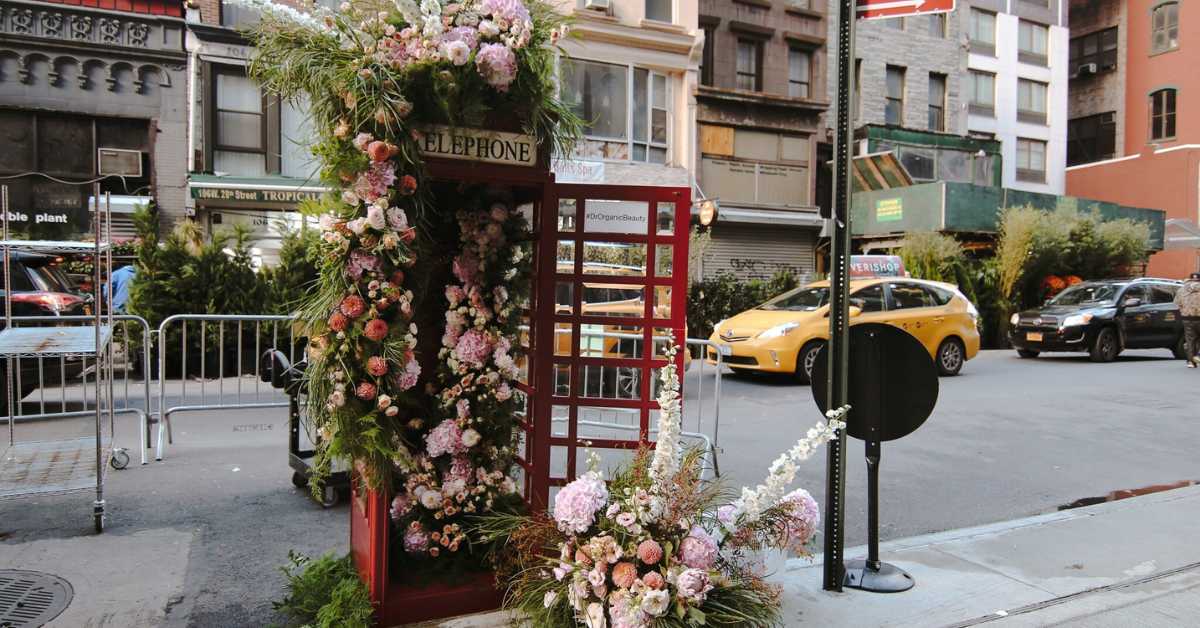
The Art and Process of Flower Bombing
At the heart of the flower bombing movement lies the art of creating seed bombs – compact, nutrient-rich spheres that contain a mixture of seeds, soil, and binding agents. These unassuming little balls pack a powerful punch, serving as the primary tool for guerrilla gardeners and urban greeners to transform barren landscapes into vibrant, blooming oases.
Making Your Own Seed Bombs
Creating your own seed bombs is a simple and rewarding process that can be tailored to suit your preferences and the specific needs of your local environment. The most common method, known as the Fukuoka Method, involves combining three key ingredients:
- Sifted compost or potting soil: This provides the essential nutrients for the seeds to germinate and thrive.
- Sifted clay or clay powder: Acting as a binding agent, clay helps the seed bomb retain moisture and hold its shape.
- Seed mix: Choose a blend of native wildflower seeds that are well-suited to your region's climate and soil conditions.
To make the seed bombs, simply mix the ingredients in a ratio of 3 parts compost, 5 parts clay, and 1 part seed mix. Add a small amount of water and knead the mixture until it forms a pliable dough. Then, roll the dough into small, marble-sized balls and allow them to dry completely before use.
Choosing the Right Seeds
One of the most crucial aspects of flower bombing is selecting the appropriate seeds for your region. Using non-native or invasive species can have detrimental effects on the local ecosystem, potentially outcompeting native plants and disrupting the delicate balance of the environment.
To ensure your flower bombing efforts are truly eco-friendly, it's essential to research and choose native wildflower seeds that are indigenous to your area. These plants are naturally adapted to the local climate and soil conditions, making them more likely to thrive and provide valuable habitats for native pollinators and wildlife.
Timing and Location
The timing and location of your seed bombing efforts can significantly impact their success. In general, the ideal time to plant wildflower seeds is in the fall or early spring, when the cooler temperatures and increased moisture levels provide optimal conditions for germination.
When selecting locations for flower bombing, look for neglected or underutilized urban spaces, such as vacant lots, abandoned buildings, or even cracks in the sidewalk. These areas often lack greenery and can benefit greatly from the introduction of wildflowers and other native plants.
However, it's crucial to exercise caution and respect property boundaries. While the act of guerrilla gardening may seem harmless, it can potentially raise legal concerns if done on private or restricted property without permission.
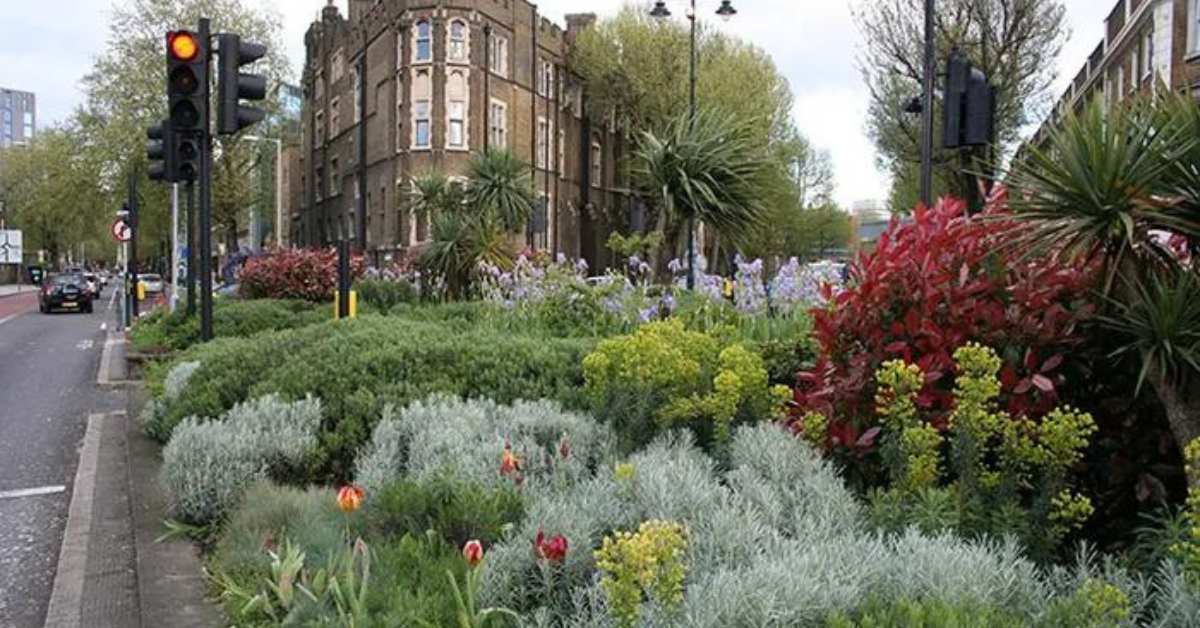
Flower Bombing Around the World
The flower bombing movement has taken root in cities across the globe, with passionate individuals and groups embracing the art of guerrilla gardening to transform urban landscapes into vibrant, blooming havens. Here are some inspiring real-life examples that showcase the power of random acts of floral kindness.
- Washington D.C. Guerrilla Gardeners: A group of young urbanites has taken it upon themselves to breathe new life into the city's forgotten spaces. Calling themselves the "Guerrilla Gardeners," they gather regularly to create and disperse seed bombs, transforming vacant lots and abandoned areas into vibrant urban oases filled with native wildflowers.
- Denver "Seed Bombers": In the Mile High City, a collective of environmental activists has embraced flower bombing as a means of raising awareness about the importance of biodiversity and sustainable urban development. Known as the "Denver Seed Bombers," they strategically target neglected spaces throughout the city, leaving behind a trail of wildflower blooms that not only beautify the landscape but also provide vital habitats for pollinators and other wildlife.
- Guerrilla Gardening in Berlin: In the heart of Berlin, a group of passionate individuals has taken it upon themselves to reclaim the city's abandoned spaces through the art of guerrilla gardening. Armed with seed bombs and a vision for a greener future, they have transformed forgotten corners into lush, biodiverse gardens, creating pockets of nature amidst the concrete jungle.
The Benefits of Flower Bombing
While the act of flower bombing may seem like a simple gesture, its impact on our urban environments and communities is far-reaching.
Environmental Benefits
One of the most significant advantages of flower bombing is its ability to promote biodiversity and re-establish native plant species in urban areas. By strategically dispersing seed bombs containing indigenous wildflower seeds, guerrilla gardeners are creating vital habitats for pollinators like bees, butterflies, and birds. These urban oases not only add pops of color and life to the concrete landscape but also contribute to the overall health of the local ecosystem.
Aesthetic Benefits
In addition to its environmental impact, flower bombing also serves as a powerful tool for beautifying urban spaces. The vibrant blooms that emerge from these random acts of floral kindness transform drab and lifeless corners into visually stunning displays of nature's beauty. These unexpected bursts of color and life can uplift the spirits of passersby, fostering a deeper appreciation for the natural world amidst the hustle and bustle of city living.
Social Benefits
Beyond its environmental and aesthetic merits, flower bombing also plays a crucial role in fostering community engagement and spreading joy and positivity. By participating in these guerrilla gardening efforts, individuals from diverse backgrounds come together to create something beautiful and meaningful. This shared experience can strengthen community bonds, promote a sense of ownership over public spaces, and inspire others to join the movement.
@sfinbloom Where do you find and plant native wildflower seeds‽ #???????????????? #bloomtheplanet ♬ Immigrant Song (Remaster) - Led Zeppelin
Seeds of Wisdom
The flower bombing movement has captured the hearts and imaginations of people around the world, inspiring a new generation of urban greeners to embrace the power of random acts of floral kindness.
While the act of flower bombing may seem small, its impact is far-reaching and profound. Each seed bomb planted represents a commitment to a greener, more sustainable future, where urban landscapes are transformed into vibrant, biodiverse havens that celebrate the beauty and resilience of nature.
Blog Categories
Recent posts
- Get Well Flowers That Actually Help: - 20 Years of Stories and Advice from the Shop Floor
- The Saturday Problem: My Predictions for Valentine’s Day Flower Sales in 2026
- From Kingscliff 2007 to Now: Why June Weddings Beat the Summer Heat (and the Flowers to Prove It)
- What 17 Years of Orders Taught Us About Toowoomba’s Flower Tastes
- 12 Christmas Wreath Decorating Ideas and Tips
- Do’s and Don’ts When Sending Christmas Flower Gifts

